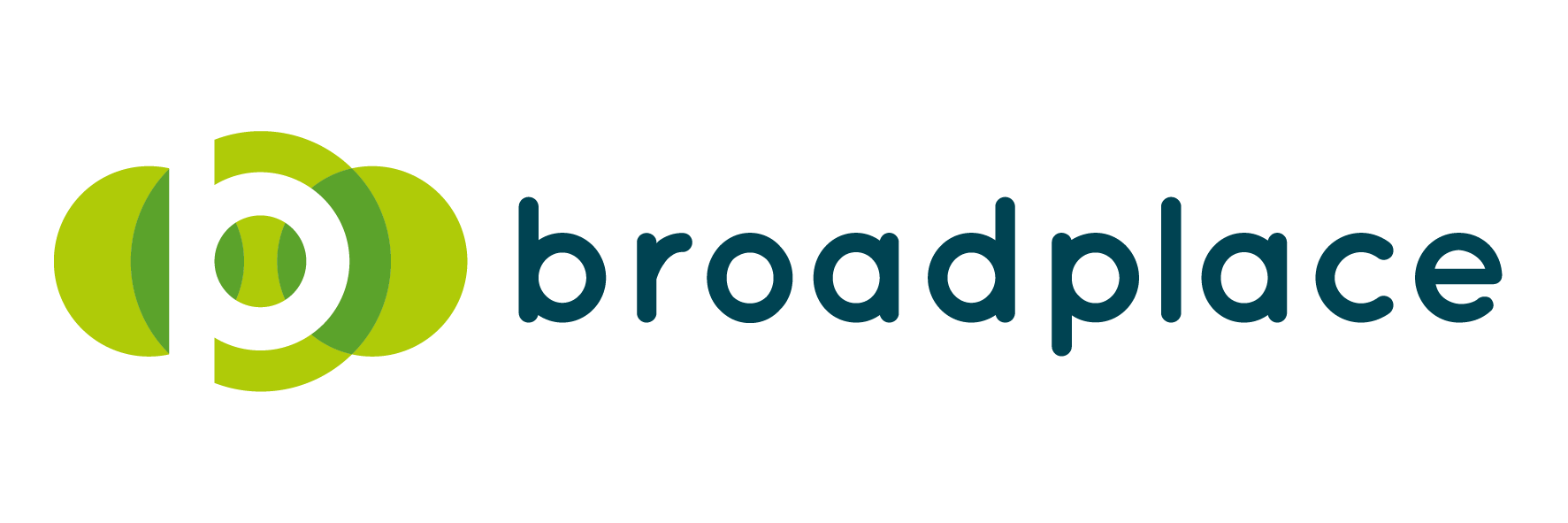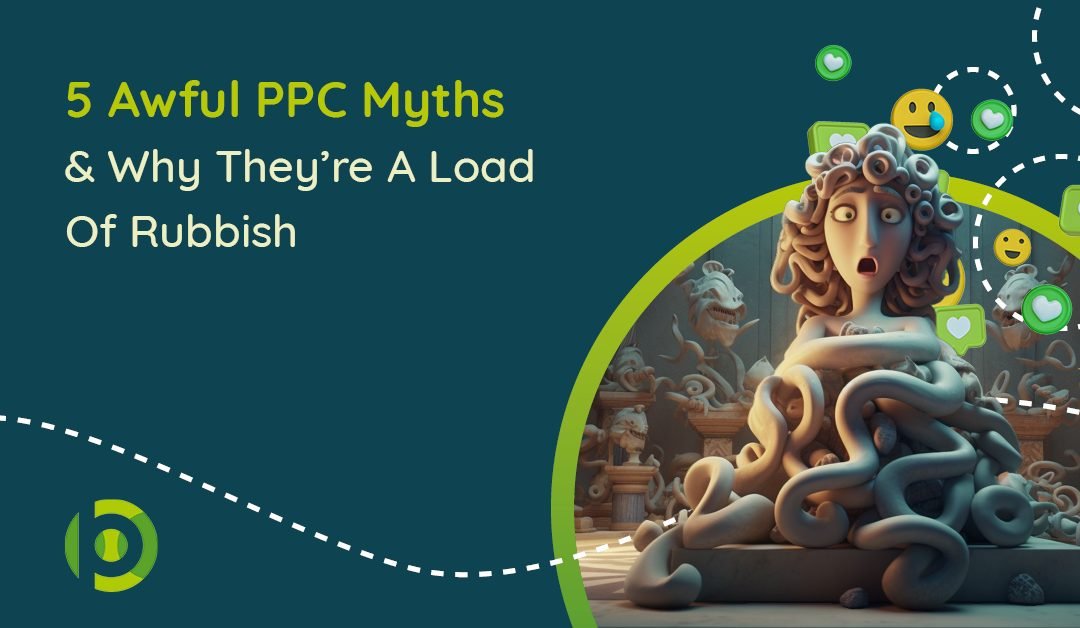In over 15 years of operating as a PPC agency, we’ve heard just about every myth there is around the industry.
They’ve varied from funny, to weird, to downright dangerous.
Those are the PPC myths we’re going to bust today. We’re setting the record straight on 5 of the biggest and most dangerous misconceptions around PPC, so when it comes time to run a campaign in the future you know exactly what to expect and what bad practices to avoid.
Myth 1: PPC Will Provide Instant Results
One of the most common myths associated with PPC is that it offers instant results, making it a short-term strategy. Unfortunately, this is not always the case, whilst PPC can give more instant results than other, longer-term marketing strategies, they’re not always instant.
It is important to remember that campaigns take time to gain traction. For example, if you’re selling high-value items then the purchase may take some time. You’ll need to target the buyer across the entire sales funnel, from awareness to consideration, and finally, the decision to buy. This won’t happen overnight.
PPC campaigns also rely on data collected over time to target your ads to the right people. New campaigns won’t have this data available, so expect them to take a few weeks to optimise when starting fresh.
Other factors which influence the time your campaigns will take to perform include the amount of budget behind them, the lower the budget the longer your campaign will take to gather data, and the amount of competition your product or service has, the more competition the longer your ads will take to optimise.
Myth 2: You Can Set It And Forget It
Many people believe that when setting up a PPC campaign you can simply set it and forget it. However, if you do that your campaigns will struggle to maintain their performance over time.
Even successful campaigns can become less effective over time as new features are released, search trends change and old practices become outdated.
PPC campaigns require constant monitoring, optimisation, and management for the best performance. You may need to update keywords, adjust CPA or ROAS targets or take advantage of new features. Otherwise, your campaigns could end up costing you more money than they make.
Myth 3: PPC Is Too Expensive For Small Businesses
With less to spend on marketing than big businesses, many SMEs believe PPC is not a viable option for them or that their limited budget won’t stretch far enough to make a serious impact.
However, even with less to spend, PPC can still be an effective way for smaller businesses to grow and gain visibility.
If you’re working with a tight budget consider the following:
- To make a little money go further you can use long-tail keywords to target more specific search queries rather than competing for more expensive keywords. This way you will be spending less per click and only appear for searches relevant to your business.
- Setting low daily budgets for campaigns and refining keywords that have a high cost per click (CPC) will keep costs down.
- Keep your landing pages and ad copy relevant to your search keywords. This will increase your ad quality score, thereby reducing your CPC.
These three optimisations will make your campaigns more targeted and keep costs more manageable.
Myth 4: You Should Use Generic Keywords For A Broad Reach
Using generic keywords to reach a wider audience is a common myth associated with PPC. While this approach may work for businesses with larger budgets, a broad reach can be very costly and may not generate the desired results. CPC is higher for generic keywords and engagement from users searching for them is often lower.
To achieve better results, businesses should focus on keywords that are more specific and targeted. Long-tail keywords have a lower CPC and higher engagement, making them an excellent choice for businesses with smaller budgets.
Myth 5: Google Ads Is the Only Platform Worth Pursuing
Google Ads has an overwhelming hold on the PPC landscape, holding 86% of the market share in the UK. This is not to say it is the only place where PPC campaigns can be successful. Microsoft advertising has proven to provide lower cost-per-click in some industries, and with a smaller base of advertisers, there is less competition.
Meta Ads, compromising both Facebook and Instagram, is another platform worth exploring. With almost 4 billion active users, Meta provides a vast audience to target. It also allows advertisers to target people based on their interests, demographics, and behaviours. This detailed targeting makes it a powerful tool for reaching potential customers.
In Summary
It’s crucial to be aware of these common PPC myths to avoid falling prey to misconceptions that can harm your marketing efforts. By understanding the realities of PPC advertising, you can:
- Set yourself achievable targets, so you’re not to be disappointed by unrealistic expectations .
- Understand how to get the most out of your budget, utilising techniques that can save you money while still getting results.
- Gain knowledge on every advertising platform, not just Google. Making use of every tool at your disposal can drastically increase your marketing performance.
Improving your ROI, increasing brand awareness, and building a stronger online presence can all be achieved when time is taken to develop strategies based on reality, not myths.
If you’re looking for help on PPC campaigns then drop us a message using our contact form.

